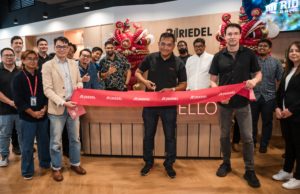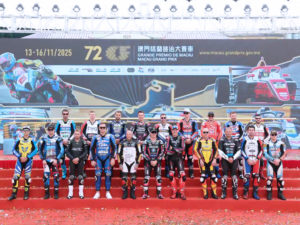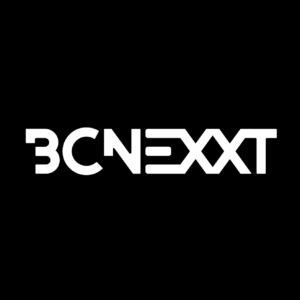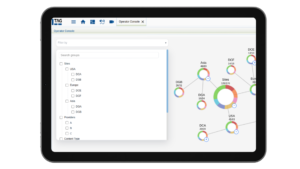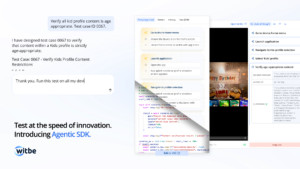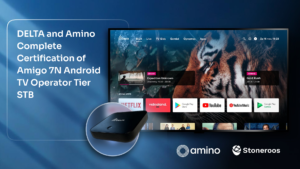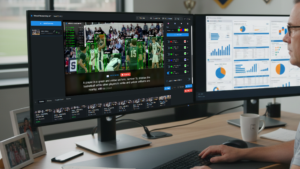
Rahul Mehra
CTO at Consult Red
RDK’s strength and versatility opens up the smart home - a single software platform for managing connected device ecosystems is proving irresistible
Having started out as a Set-Top Box (STB) solution over 10 years ago, open-source software platform RDK (Reference Design Kit) has rapidly taken on a life of its own. It’s a major player that is proven to seriously accelerate the development of the smart home, yet outside of the media industry, many may not have heard of it. All that might be about to change, says Rahul Mehra, CTO at leading RDK development experts, Consult Red.
RDK is evolving as a super versatile platform at the forefront of innovative consumer electronics products for broadband and video service providers. The technology has attracted a community of major players using RDK to power their broadband routers. Far from standard-issue products, these are market-leading devices used by Liberty Global, Deutsche Telekom, Sky, Comcast, and others, making RDK one of the leading open-source software platforms shipped worldwide.

RDK showing real potential as a whole home IoT solution
Operators have now deployed smart cameras in homes based on RDK (including RDK-C for camera applications), together with a smart doorbell also based on RDK. Unlike other IoT technologies, RDK is unique in that it embraces the whole home and is doing so in proven applications from the set-top box to routers to video doorbells.
RDK is now a smart TV solution too
RDK standardizes core technical functions of video devices, and RDK is an important component of Comcast’s global technology platform, which powers Sky Glass and XClass TVs. Once again, these are not entry-level products but some of the smartest of smart TVs on the market.
The app framework to make the look and feel unified and seamless, specifications designed to support the nuances of a 2022 connected TV experience (such as presence detection), and the capability to support a 4K Smart Camera with motion and gesture support, are all delivered over IP.
RDK powers more than 80 million devices deployed by over 500 service providers around the world that require flexibility and control over their customer-premise equipment software and diagnostics data.
Adopters of RDK understand the potential of RDK
RDK is currently deployed across dozens of leading service providers throughout Europe, North America, Latin America, and Asia. Service providers with public RDK deployments include: Atlantic Broadband, BCN, Claro, Comcast, Cox, Deutsche Telekom, J:COM, KabelPlus, Liberty Global, Mediacom, Megacable Melita, NOS, Rogers, SFR (part of Altice Europe), Shaw, Sky, Stofa, Telcom Argentina, Toya, Vectra, Vidéotron, Vodafone, VOO, VTR, WOW, Ziggo, and others. They understand the burgeoning potential of RDK to unlock commercial opportunities across a broader range of devices outside of the traditional domain of the set-top box.
More signals that RDK has a bright future
There are strong signals RDK is being driven even further as a whole home solution. But why?
Operators want to sell different services, and some have set their sights on being firmly at the centre of the smart home. To do that they need a whole home technology, and we are seeing them embrace, extend and invest in RDK.
Recently we’ve seen more investment in RDK with the addition of a Zigbee radio and future support for the Matter IoT standard (for example, in the latest iteration of the Comcast router). Zigbee, Bluetooth or Wi-Fi radios typically act as the backbone of many smart home solutions. Matter is the emerging IoT standard backed by industry giants. Together these will allow RDK and operators to get deeper into the smart home with applications such as smart heating, security, plugs, locks and home automation. So, is it yet another indicator that RDK is gearing up for a wider smart home solution, with the smart router being at the centre as a coordinating device?
OTT and content providers see the potential of RDK too
It’s not just operators seeing the benefits of this approach. Recently, Netflix announced its DaVinci scaling program which allows operators to reduce the effort of integration and time-to-market to launch Netflix services on its RDK devices. The program will improve a service provider’s ability to offer more enhanced viewing options and make Netflix more accessible to subscribers.
Meanwhile, other leading premium content apps also run atop RDK to give operators an accelerated on-ramp to deploying services their customers can’t live without.
Just as importantly, RDK is giving operators greater versatility outside of the domain of Google TV/Android.
Silicon gets in on the RDK act
The ecosystem is growing in all directions. From a time when only one semiconductor manufacturer supported RDK (Broadcom), now Realtek, Amlogic and others are competing to make chipsets for RDK while the number of OEMs backing the solution strengthens every day.
It’s clear - there is a serious player in town. RDK is set to snowball. With versatility by design, the platform’s potential is barely tapped, but it is already clear that operators value the advantage of a single software DNA for managing the burgeoning connected device ecosystem.
Thinking about RDK? Bring in the experts
Consult Red is embedded in the RDK community. We know the silicon vendors and understand the ecosystem inside and out. We help operators to achieve their goal quickly while leveraging all the smarts of the RDK playbox from PoC to prototype to product.
- An early adopter of RDK – 10+ years of experience
- One of Europe’s largest RDK development teams
- Expertise in RDK from the ground up
- Proven track record working with leading operators including Sky, Comcast and Liberty Global
- Developed the world’s first RDK Video Accelerator on Amlogic SoC
- Established contributor to the RDK community:
- We sit on Special Interest Groups (SIGs) and have led contributions to the Containerisation SIG
